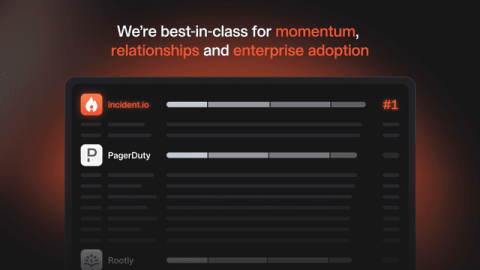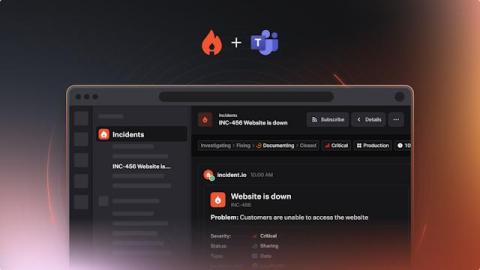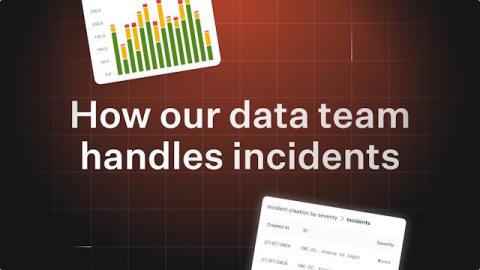incident.io is best in class for momentum, relationships and enterprise adoption
Trust doesn’t just happen overnight. For us at incident.io, it’s been a journey—one that’s focused on people just as much as the product. From the start, we knew that building great incident management software wasn’t just about creating features and functionality. It was about building relationships, understanding our users, and truly being there for them when it matters most. Our focus has always been to help teams manage incidents better.











